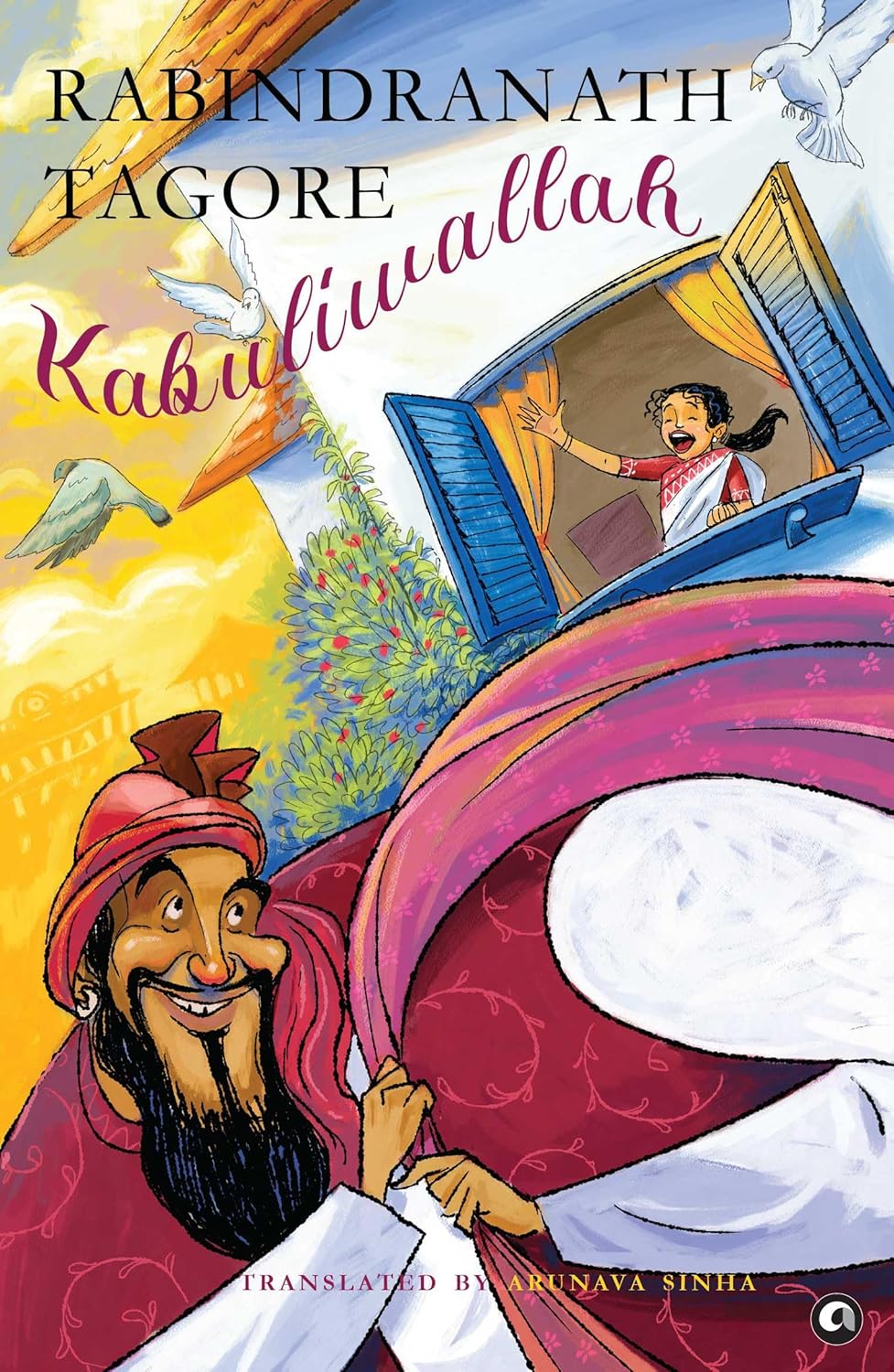Kabuliwallah
1. Rabindranath Tagore (1861–1941) was the fourteenth son of Debendranath Tagore and Sarada Devi, and started writing early in his life. he joined the Swadeshi Movement against the British in the 1900s. he won the Nobel Prize for Literature in 1913, and used his earnings to partly fund his school and university, Visva-Bharati in Santiniketan. his influence on Bengali culture extends far beyond his highly regarded poetry and prose, into music, visual art, and theatre. 2.Arunava Sinha translates classic, modern, and contemporary Bengali fiction and non-fiction from Bangladesh and India into English. he also translates fiction from English into Bengali. Over seventy of his translations have been published so far in India, the uK, and the uSA. he has won India’s top translation prize, the Crossword Award for translated books, twice. he teaches at Ashoka university, where he is also the co-director of the Ashoka Centre for Translation, and is the Books Editor at Scroll.in. ... Read more Read less
Embark on a touching journey through the lively streets of Calcutta in Rabindranath Tagore’s Kabuliwallah, one of India’s best- loved children’s stories. Mini, a curious five-year-old, fills her father’s world with questions and laughter. Enter Rahmat, the Kabuliwallah, a stranger from Afghanistan hawking dry fruits from door to door. When he arrives at Mini’s house, Rahmat is captivated by her as she reminds him of his own daughter. This is the story of the heart-warming friendship that develops between the two—and the unbreakable bond that exists between fathers and daughters. Beautifully translated from the Bengali by Arunava Sinha, this classic tale, enriched with imaginative illustrations, brings to life the poignant story of Mini and the Kabuliwallah. Join them as they prove friendships can blossom in the most unexpected places, leaving a lasting imprint on the heart.











